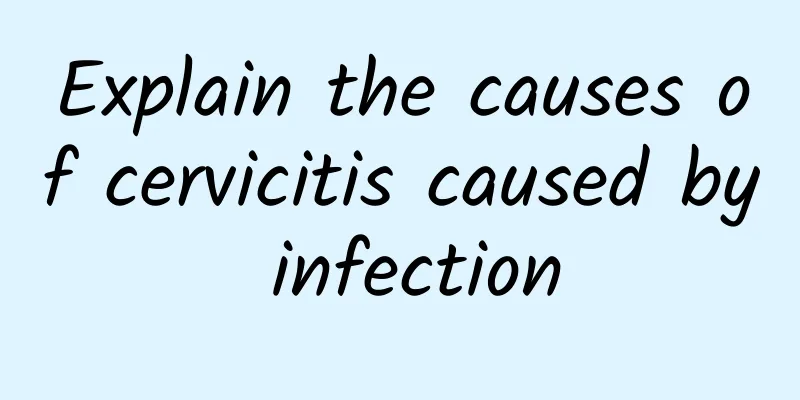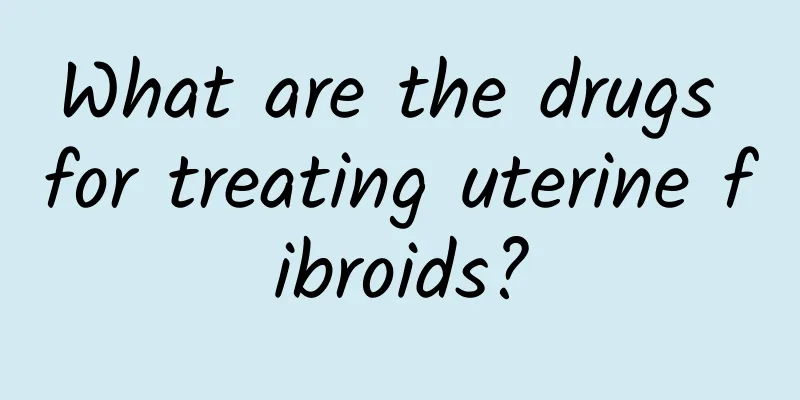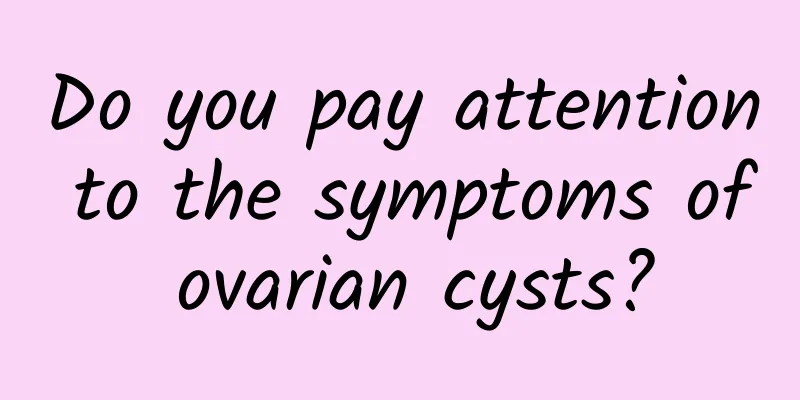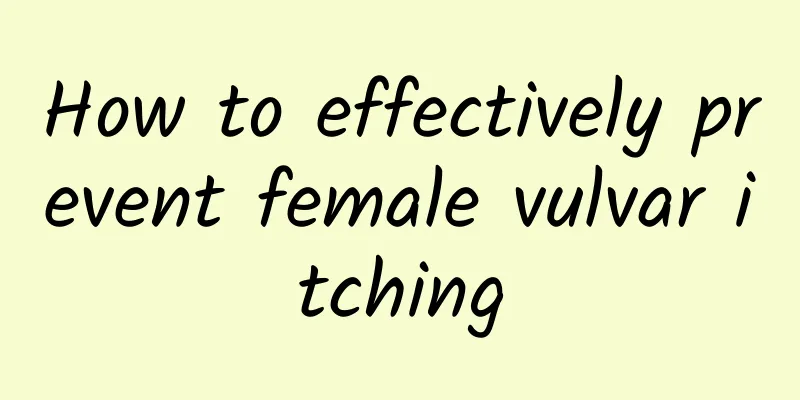What to do if you have cervical warts in early pregnancy
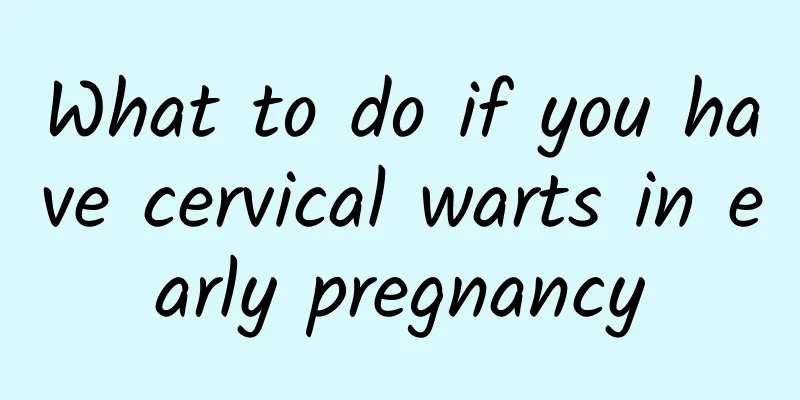
|
Once you are infected with cervical warts, you should try to prevent them in terms of diet and hygiene, and do a good job of use and disinfection. It is recommended that you refrain from sexual intercourse during this period to avoid cross-infection. It is also recommended that you refrain from using Chinese and Western medicines, as they will affect the fetus. It is recommended that the fetus be infected through the birth canal of cervical warts. When giving birth, you should choose a cesarean section. If the situation is serious, you should receive treatment in the hospital and avoid strenuous exercise. So how to treat cervical warts in pregnant women? What should you pay attention to in order to recover from the disease? 1. If you are infected with cervical warts during pregnancy, you should first use physical methods such as laser to control the clinical symptoms, and then receive thorough treatment after the baby is born. You cannot use medication now to avoid affecting the fetus. It is recommended that the fetus be infected through the birth canal with cervical warts, and you choose a cesarean section during delivery. 2. The treatment of cervical warts in pregnant women is sometimes complicated, and clinically, it requires consultation between obstetricians and gynecologists and venereal disease physicians. Cervical warts that appear during and after pregnancy should be actively treated. Since the mother's genitals become congested and softened after pregnancy and certain drugs will affect the fetus, a combination of physical therapy and drug therapy can be used for pregnant women, and the treatment plan can be selected according to the location, size, and number of warts. 3. There is a problem of recurrence after treatment of cervical warts. Recurrence most often occurs within 3 months after treatment. Generally speaking, as time goes by, the patient's contamination decreases and the possibility of recurrence also decreases. If there is no recurrence one year after treatment, its infectiousness and possibility of recurrence are extremely small. Therefore, young women who have not had a recurrence for more than one year after treatment can consider pregnancy, but after pregnancy, they should have regular prenatal examinations and pay attention to the cleanliness of the urogenital tract. |
<<: Will pregnancy with cervical warts affect the baby?
>>: What are the effects of cervical warts on pregnant women?
Recommend
What are the specific causes of Bartholinitis?
Bartholinitis is a gynecological inflammation cau...
3 dietary prescriptions for post-abortion patients
After abortion, patients suffer from deficiency o...
What are the reasons for irregular menstruation in girls?
There are many reasons for irregular menstruation...
Knowing the cause of pelvic inflammatory disease can effectively prevent the disease
Pelvic inflammatory disease is a very harmful dis...
Women should pay attention to the 7 major reasons that lead to amenorrhea
My period comes every month, which is really anno...
What does bilateral polycystic ovary mean?
Polycystic changes in both ovaries are one of the...
Which department should I go to for vulvar leukoplakia and perianal itching? What medicine should I use for anal leukoplakia and itching?
Vulvar leukoplakia and perianal pruritus are comm...
Defeat annoying fat! Fresh mulberries have a way to reduce fat
"What do you want to eat later?" For of...
Purple power! New discovery: Drinking beetroot juice can make people run faster
The "Purple Power" is coming! Beetroot,...
What are the specific dangers of ovarian cysts?
Many people think that as long as they have benig...
Check out the key points of preventing female adnexitis
For adnexitis, we must actively do a good job of ...
High-fiber food ranking! Relieve constipation and help lose weight
High-fiber foods have many benefits! Did you know...
What do you know about the diagnostic criteria for women's menstrual disorders?
What are the diagnostic criteria for irregular me...
Get more sun in winter to effectively control appetite
Scientific research has found that basking in the...
Is bilateral polycystic ovary serious?
Polycystic changes on both sides of the ovaries a...




